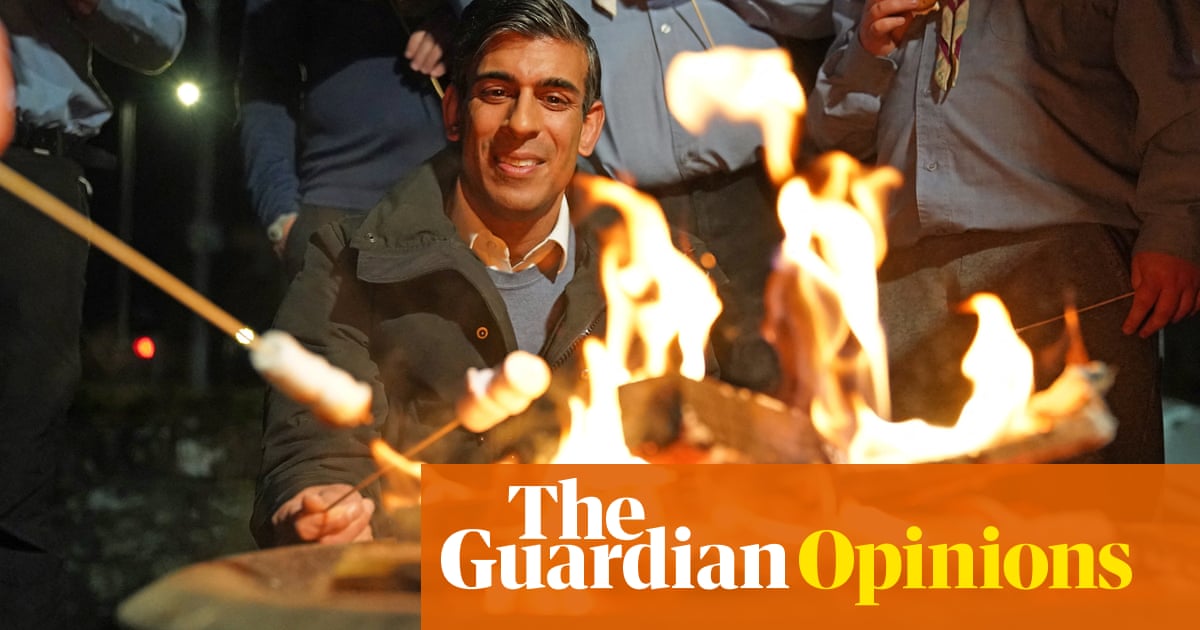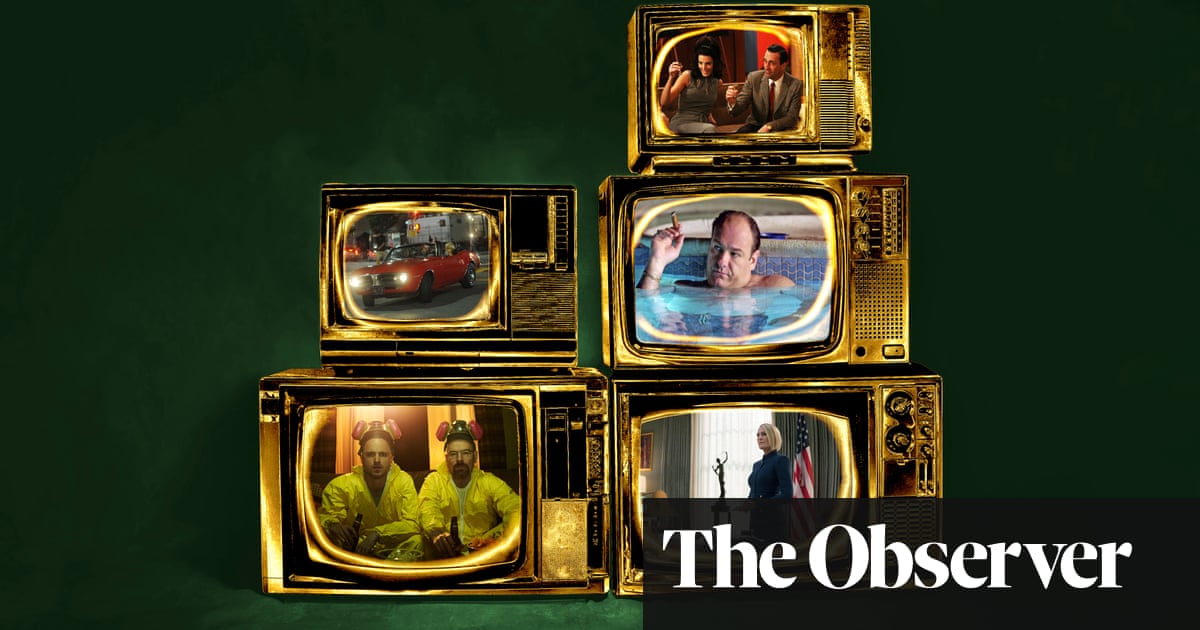
n 1962, Dean Acheson delivered a famous address at West Point military academy. The cold war was raging, but the former US secretary of state focused his attention on America’s most enduring ally. “Great Britain,” Acheson told cadets, “has lost an empire and not yet found a role.”
Almost 60 years on, Acheson’s words still raise the same question. What is Britain’s role in the world? With a no-deal Brexit an increasingly real prospect, a cadre of Conservatives believe they have the answer: the UK must once more take its place at the forefront of the English-speaking world by forming a new relationship with its former imperial territories (well, the majority-white ones, at least).
“The Anglosphere” is not a new idea. Churchill wrote histories of the “English-speaking peoples”. Margaret Thatcher caused a scene at the 1999 Tory party conference when she declared that “all the problems have come from mainland Europe, and all the solutions have come from the English-speaking nations.”
But recently the Anglosphere has had something of a reboot. Tony Abbott – the former Australian prime minister and Britain’s controversial new trade adviser – might be sceptical about climate change and homosexuality, but he has long spoken admiringly about a new alliance among the Anglophone world based on mutual recognition of goods and shared geopolitical goals.
Abbott is not alone. Writing in the Wall Street Journal last month, the conservative historian Andrew Roberts suggested that the Canzuk nations – Canada, Australia, New Zealand and the UK – should establish “some form of federation among them” to “create a new global superpower and ally of the US, the great anchor of the Anglosphere”.
Roberts, like Boris Johnson, is a Churchill biographer. The prime minister, too, has often leaned into the Anglosphere. Speaking on a visit to Australia as foreign secretary in 2017, Johnson talked up “the special genius of the English-speaking people”.
If this all sounds a bit empire 2.0, well, that’s not surprising. Canada, Australia and New Zealand were often referred to as “the white dominions” in the dog days of British imperialism. Now, with buccaneering Global Britain supposedly setting sail on the post-Brexit high seas, where better to look for friends and allies than in the vestiges of empire?
The Anglosphere’s resurgence didn’t happen by chance. As the authors Michael Kenny and Nick Pearce note in their excellent history of the Anglosphere, the idea’s comeback can be traced to a series of transatlantic conferences held around the turn of the millennium. Among the delegates were Thatcher, the future Brexit minister David Davis, the then Daily Telegraph owner, Conrad Black, and prominent conservative commentators such as John O’Sullivan and Francis Fukuyama.
But it was Brexit that put wind in the swashbuckling free traders’ sails. Daniel Hannan wrote enthusiastic columns in the Daily Telegraph about the coming of a gilded age of the English-speaking nations. (Hannan has now joined Abbott on the board of trade advisers.) A private company was set up to lobby for Canzuk in Britain: Canzuk International has a London address and a Canadian office promoting the alliance.
The Anglosphere has long been talked up by influential, anonymously-funded libertarian thinktanks. This week the Adam Smith Institute published a new paper by a pro-Brexit, conservative Australian senator outlining a free trade deal between the UK and Australia that would “provide the foundation for an ambitious Canzuk agreement”.
Advocates point to a supposed surge in support for their inchoate plans. More than 90% of Britons believe that the UK should “form a superpower alliance with Australia, Canada and New Zealand” according to that most scientific of measures, an online poll on the Daily Express website. There is even a quixotic line in Canzuk fan science fiction set in a near-future where carefree office workers shuttle between London and yet-to-be-built cities on the Australian littoral.
Back in the real world, the prospects for Canzuk look less rosy. For a start, while British conservatives may dream of a new union of English-speaking people, many of Britain’s would-be allies are less convinced. Lewis Holden, chair of the campaign group New Zealand Republic, says there is “very little for New Zealand out of any Canzuk proposal. Support for the idea might exist, largely due to nostalgia for the British empire, but its benefits are small.”
Canzuk does have some advocates across the Commonwealth. Various conservative politicians in Ottawa, Wellington and Canberra have voiced their support. But what exactly they are in support of remains remarkably nebulous. Would Britain allow tariff-free access for, say, Australian beef to UK markets, potentially decimating British farmers?
Many in Canada, New Zealand and Australia would like to see stronger ties with Britain – particularly more visas for their citizens – but there is little apparent appetite for the kind of Thatcherite union envisaged by Roberts and others. Writing in the Guardian last year, the former Australian prime minister Kevin Rudd dismissed the idea as “utter bollocks”.
And then there is the question of race. Canzuk’s proponents maintain that it’s not a “white man’s club”, citing the nations’ shared English language and legal system, with the Queen as head of state. Jamaica and Papua New Guinea are omitted due to, eh, insufficient “development”.
An imperial fantasy nurtured by a tiny elite, the Anglosphere and its Canzuk cousin are the opposite of what Brexit was sold as. As the writer Aris Roussinos points out: “that these wild dreams are even entertained by MPs of the governing party only highlights the irreconcilable tensions within the Brexit vote.”
With a free-trade agreement with the US receding into the distance and the possibility of a no-deal Brexit rising, Britain is still searching for a role in the world. It’s unlikely to find it in racially tinged visions of imperial glory – but don’t expect the Anglosphere dream to die just yet.
• Peter Geoghegan is investigations editor at openDemocracy and the author of Democracy for Sale: Dark Money and Dirty Politics
• This article was changed on 9 September 2020 to reflect the fact that Wellington is New Zealand’s seat of government, not Auckland












